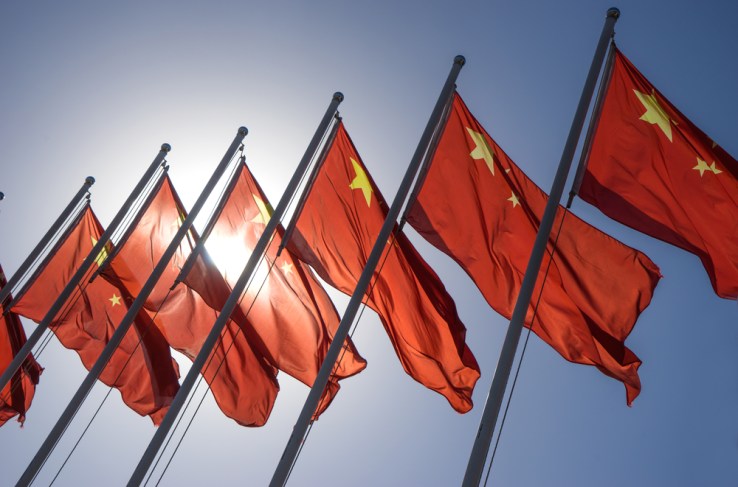China has banned ICOs

It is looking like a new era is coming for ICOs, at least those in China for now. In the U.S., the SEC has issued official warnings around the risks of ICOs, also known as token sales, but the Chinese government looks set to beat it to implementing regulation around the rapidly growing fundraising option.
A notice from a committee led by China’s central bank [link in Chinese] today announced an immediate ban on ICO funding, which has “seriously disrupted the economic and financial order.”
Financial news site Caixin reported [link in Chinese] reported that the committee has prepared a list of 60 exchanges which will be subject to inspection and a report. In the meantime, there will be an ICO freeze in China.
ICOs involve raising funding by creating and selling new crypto tokens — commonly based on Ethereum — to investors. That’s led to comparisons with securities, with much speculation over whether financial regulators will look to regulate the space.
The Chinese committee voiced concern that some ICOs are financial scams and pyramid schemes. That echoes a recent warning from Singapore’s MAS.
“ICOs are vulnerable to money laundering and terrorist financing risks due to the anonymous nature of the transactions, and the ease with which large sums of monies may be raised in a short period of time,” MAS, Singapore’s central bank, said in an August 1 statement.
It isn’t clearly exactly which companies are on the committee’s investigation list, but already two of China’s largest platforms for buying into ICOs — ICOage and ICO.info, which help connect companies selling tokens with buyers — have suspended their services and stopped taking on new projects. Both said their suspensions were voluntary.
The number of ICOs hosted this year has risen massively across the world. The total amount raised from token sales surpassed early stage investment spending from traditional venture capitals during the first half of 2017, according to a Goldman Sachs report.
This year to date, ICO fundraising is said to have topped $1.6 billion. Already, two companies’ coins have grown to a market cap of more than $1 billion, although the significance of that landmark is unclear since neither has a product in the market right now.
China, which houses one of the world’s most active bitcoin communities, has been a key part of the ICO boom, both in terms of companies selling tokens and buyers snapping them up.
State media firm Xinhua reported in July that Chinese companies had raised $383 million from 105,000 investors during the first half of the year.
The SEC hasn’t made a firm move in the U.S. yet — despite making announcements — so all eyes will be on China to see what kind of mechanisms can govern ICOs, and indeed whether all types of ICOs will be regulated. It’ll also be interesting to watch the potential fall out of this crackdown on the market for ICOs, and crypto currencies generally, given the prominent role played by China.
Long-time crypto watchers will recall 2013, when China banned exchanges from allowing people to buy into bitcoin and other crypto coins using the local yuan currency. The result was a huge price drop, but support for yuan deposits did return and the price if bitcoin has soared to new highs — most recently $5,000 on some exchanges.
Featured Image: crystal51/Shutterstock